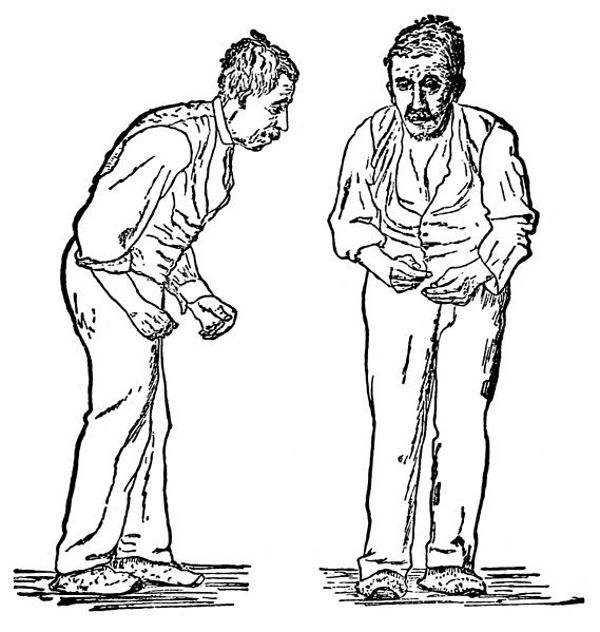
A colonoscopy or similar test could one day diagnose Parkinson's disease years before symptoms occur. That's because signs of Parkinson's that appear in the brain also show up in the colon, a new study says.
Researchers examined tissue samples obtained during colon exams of people who later developed Parkinson's disease. The samples were taken several years before the patients showed symptoms of the neurological disorder.
The cells in the patients' intestinal walls were found to contain clumps of alpha-synuclein — a hallmark protein of Parkinson's.
In a previous study, these researchers found these aggregates were apparently unique to the gut of Parkinson's disease patients— they were not seen in people with certain gut disorders or in healthy people.
The findings suggest that tissue obtained during a colonoscopy or other colon cancer screening test could one day be used to predict who will develop Parkinson's, said study researcher Dr. Kathleen Shannon, a neurologist at Rush University Medical Center in Chicago.
However, first the findings will need to be replicated in studies that include more people, including people with other types of brain diseases, the researchers said.
Currently doctors cannot diagnose Parkinson's until patients show symptoms, such as shaking, slowed movements and stiff muscles. By then, however, the patients' brains have deteriorated significantly. Finding early markers of the disease could lead to a way to slow or stop the progression, the researchers said.

0 comments:
Post a Comment